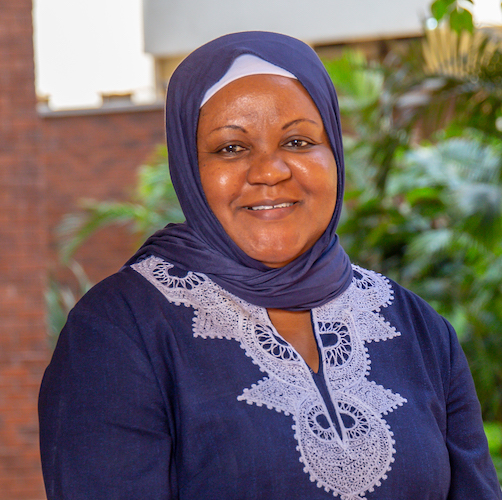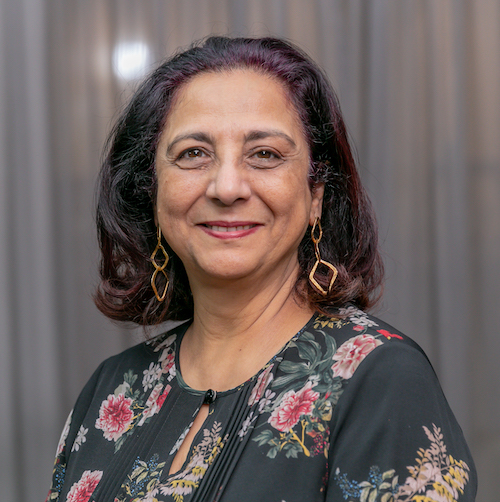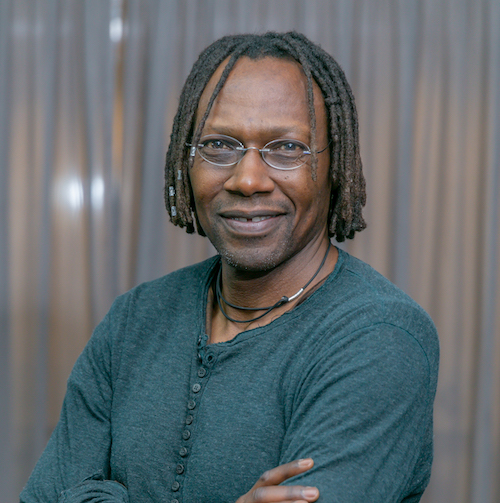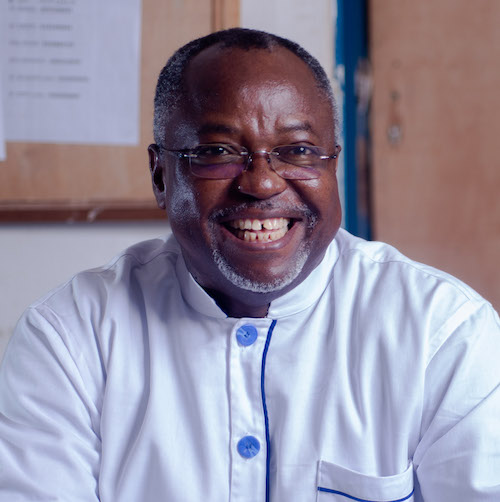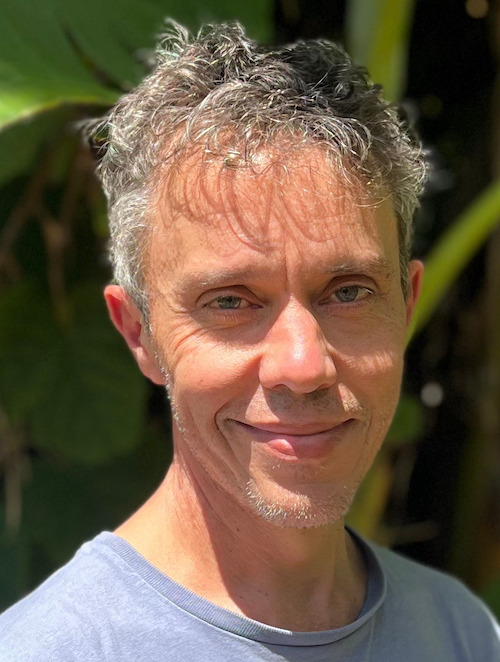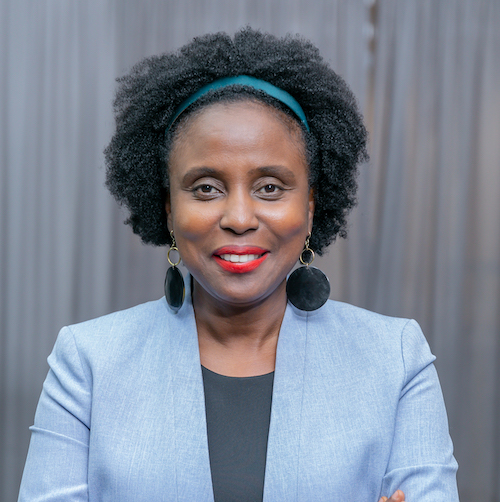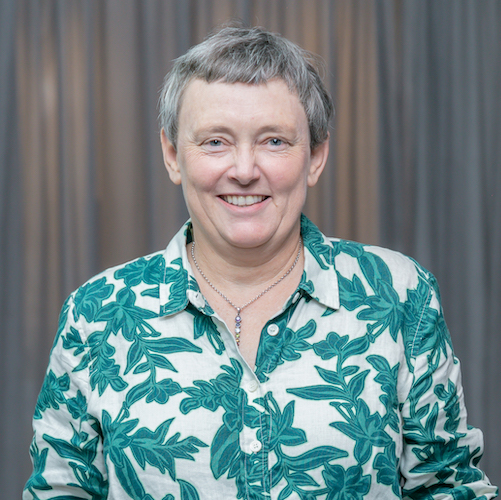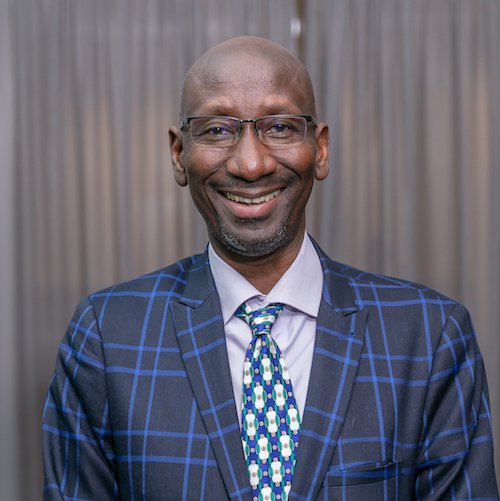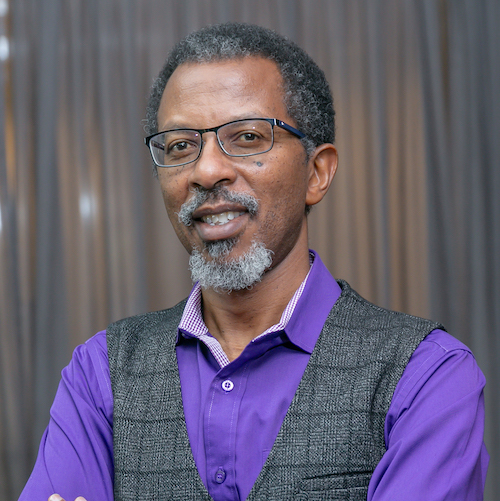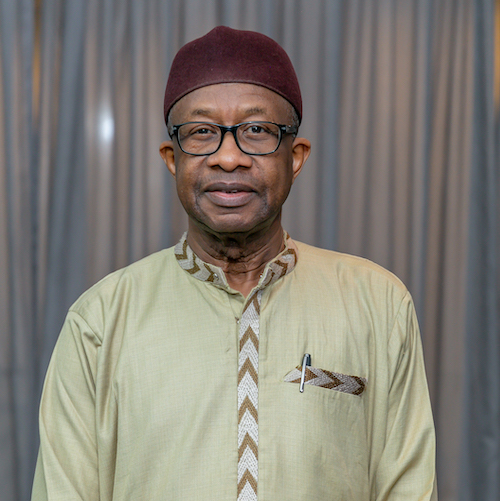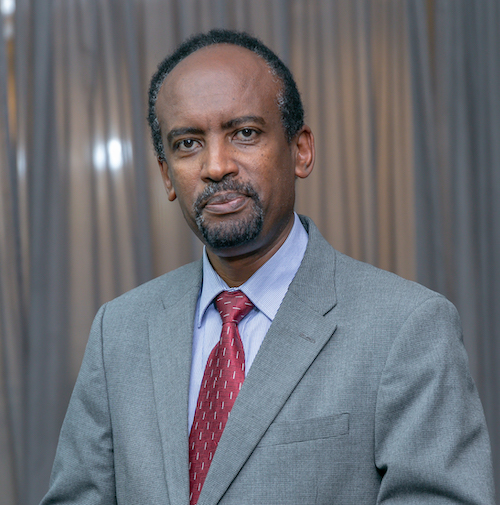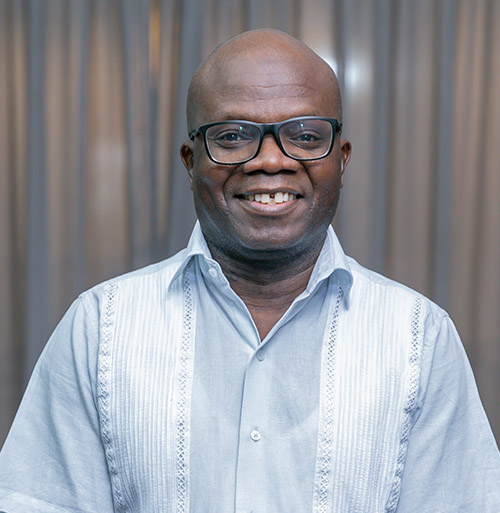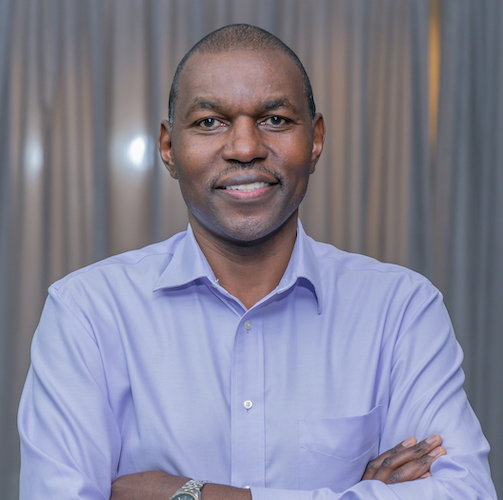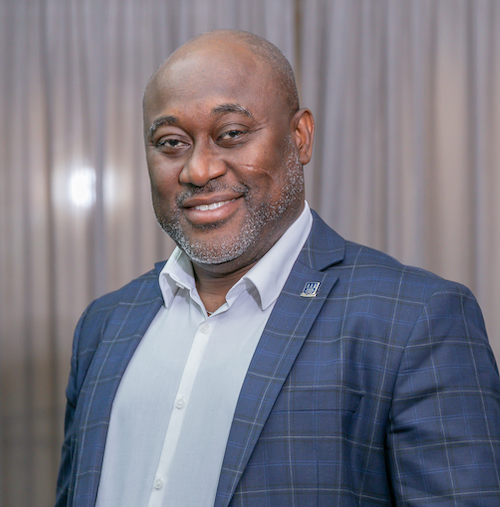
Africa Research Management Capacity Strengthening Programme
Addressing critical gaps in
research by supporting vibrant,
professional and effective ecosystem.
WHAT WE DO
ARMCSPAs research has become increasingly complex – requiring specialized financial monitoring and reporting, research strategies and policies, ethical and regulatory clearance, human resources skills and grants administration, –the need for professional oversight of the research enterprise has become more urgent. The era of senior academics, typically the Principal Investigator on a grant, serving as managers of the research operations in addition to research leadership is no longer attainable.
This resulted in the doubly ineffective reality that PIs were distracted from research leadership to fulfill duties of accountability and management – functions for which they were untrained and inexpert. This setup compromised both the quality of research management and the quality of the research. The Africa Research Management Capacity Strengthening Programme is designed to address this critical shortcoming in the research ecosystem by supporting a vibrant, professional, effective and transparent research culture at universities and research institutions.
The Science for Africa Foundation (SFA Foundation), a nonprofit, pan-African and public charity organistion based in Nairobi, Kenya, is implementing the Programme, which seeks to build the expertise necessary to create and sustain robust research enterprises and environments at African research institutions by addressing systemic challenges through key interconnected areas of work, including institutional leadership, sustainability, the establishment of standards, and development of individual capacities.
Institutional Leadership
The Programme seeks to create awareness, engagement, and continuity of support for strengthening research management functions in institutions, across generations of leadership and senior academic staff. This will build institutional memory in order to strengthen research management across successive generations of leadership. .
Sustainability
The Programme defines sustainability as the process of change in which the exploitation of resources, prioritisation of investments and technological development are synergistic and enhance current and future human needs and aspirations.
It translates to working with institutions to create sustainable research enterprises that are supported by sustainable research management, financial processes and career pathways. The Programme supports the development of mechanisms to ensure that institutions become self-sufficient in managing their research enterprises. This can be achieved through full cost recovery and cost allocation models and maintaining transparent budgeting
Standards
The Programme is developing the Good Research Management Practice Standard as a tool for research institutions to use for strengthening their research systems, benchmarking, and enabling institutional assessment for continuous improvement.
Developing Individual Capacities
Research management is expanding in scope and complexity. Specialist skills are needed to enable researchers, who have been selected competitively to implement their research, to focus on it. There has been a healthy and inevitable trend of transitioning research management responsibility from academic personnel to professional research management personnel. The Programme is enabling the training of individuals working in research management functions to promote the notion of the research management ‘career’ pathway in institutions, supported by an appropriate infrastructure.
ARMCSP Africa
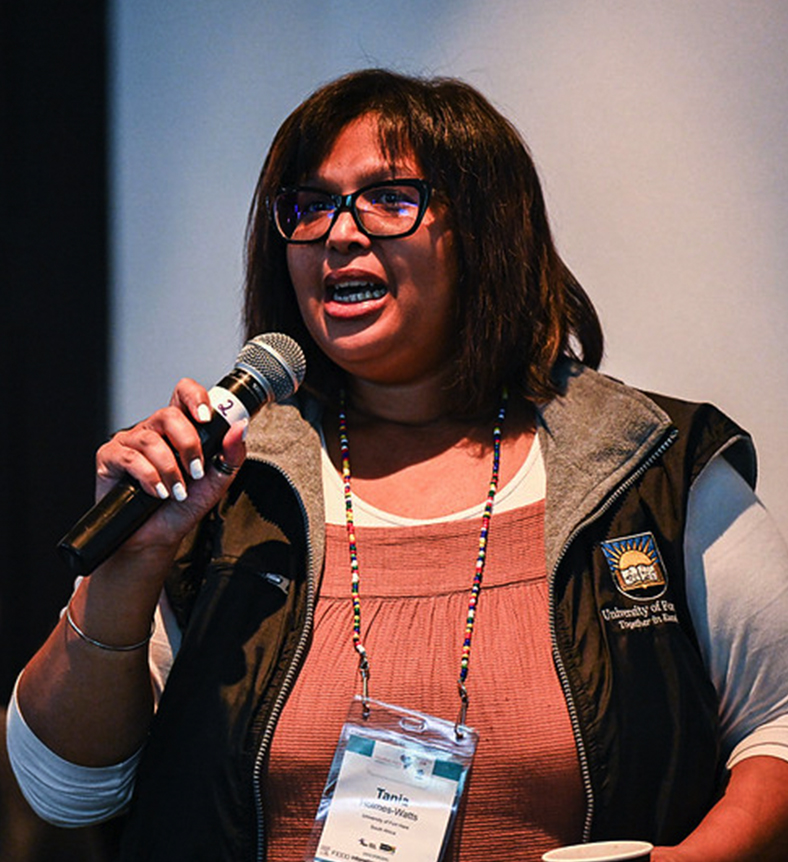
DELTAS Africa funds consortia aligned to four strategic areas of scientific quality; research leadership; research manage, culture & infrastructure; and scientific citizenship.
The DELTAS Africa programme is designed to establish excellent research networks that will recruit, train and mentor a globally competitive critical mass of researchers who will lead locally relevant and high-quality research to influence health science, policy and practice in Africa.
DELTAS Africa II continues to foster intra-Africa collaboration, improve research environments and train researchers to conduct relevant, locally contextualized studies that advance our knowledge on key research and development priority gaps including: discovery, translational, implementation and operational sciences for:
- Infectious diseases, such as malaria, HIV and tuberculosis
- Neglected tropical diseases and ONE Health
- Non-communicable diseases
- Mental health and neurosciences
- Multidisciplinary nexus of health and climate
- Social sciences and humanities
- Climate change and planetary health
- Anti-microbial resistance
- Accidents, injury, disability and snake bite
- Clinical research
- Implementation research, health systems research, public health research
Our Guiding Principles:
- Long-term horizon: DELTAS Africa acknowledges and is committed to the realities that raising scientific productivity and quality and building a critical mass in leadership is inherently long term.
- Hub-and-spoke model: All DELTAS Africa programmes are led by Programme Directors based in an African institution, who construct multi-country research and training consortia, using a hub-and-spoke model of programme design and delivery which has enabled an increased R&D footprint on the African continent and strengthened south-to-south and intra-African collaborations. The DELTAS Africa model is best imagined as a hub and spoke arrangement in which a lead institution(hub) enters collaboration with other institutions in other countries (spokes) which may be partners or collaborators to jointly apply for large research grants and implement long-term scientific research programmes.
- Research alignment to country and regional needs: DELTAS Africa programmes are aligned to country and regional needs, which have been identified through wide stakeholder and community engagement.
- Diversity and inclusion in consortia leadership and recruitment of trainees: Recruitment of staff and students is tracked to assess gender parity and equity.
- Balancing excellence with equity in consortia formation and recruitment of trainees: Institutions that are generally recognised as strong or high performing research institutions partner with institutions across countries or regions that are generally perceived as not being strong in research to enable the building of capacity, institutional strengthening and improvement of research environment and productivity that will spread excellence across the continent.
- Value for Money: DELTAS Africa grantees mainstream value for money principles throughout the programme life cycle to ensure effectiveness and efficiency
DELTAS Africa Strategic Areas
- Enhanced scientific quality: DELTAS Africa produces world-class scientific research that addresses African health and research priorities through scientific discourse and collaborative supervision by promoting collaborations with well-resourced universities, research institutions and think-tanks to strengthen capacity
- Strengthened research leadership capacities: To strengthen scientific research training and build career pathways for scientific researchers, DELTAS Africa focuses on the tertiary and postgraduate training of science students and professionals along a defined career pathway. Training offered by DELTAS Africa programmes is designed to provide individuals at all career stages with the academic support and research facilities they need to develop into world-class researchers
- Strengthened research systems: To cultivate professional environments to manage and support scientific research. This recognises that developing and supporting research requires that researchers have access to skilled administrative support and adequate resources to compete at a global level; and that creating supportive, sustainable environments is crucial to developing research capacity
- Enhanced scientific citizenship / societal engagement: Foster mentorship, leadership and equitable collaboration in science, and engagement with public and policy stakeholders. DELTAS Africa recognises that for research to achieve real impact it needs to be communicated to policymakers and the public. Communicating research findings to policymakers will ensure that the findings inform policy. At the same time, public engagement is also key to raise public awareness and interest in science, increase the uptake of new health policies and treatments, and strengthen relationships with local communities.
These four strategic areas are recognised as necessary for strengthening, sustaining, attracting, and retaining talent and excellence in research.
